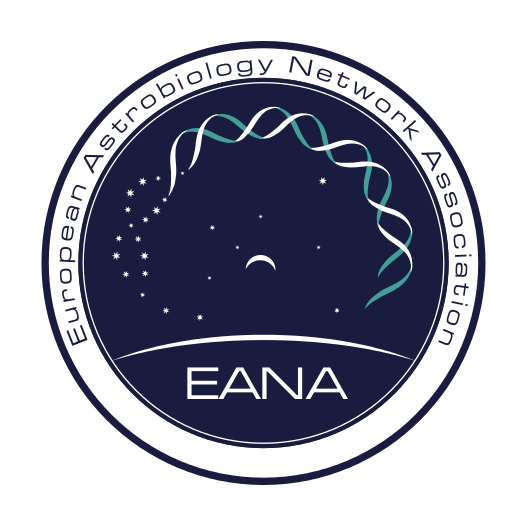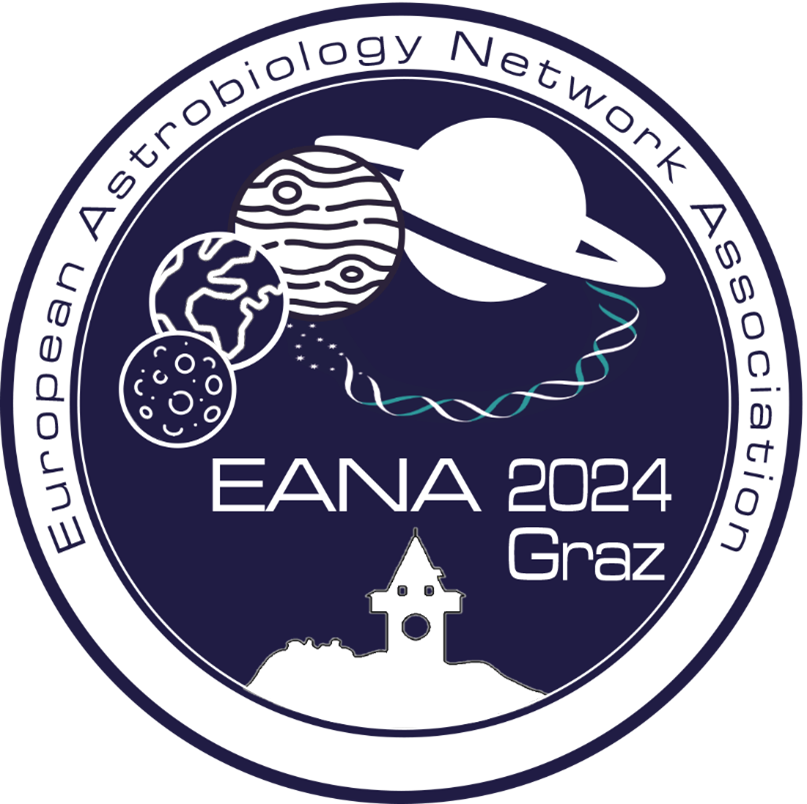 |
Abstract EANA2024-40 |

|
Unlocking desert cyanobacteria as chassis for space synthetic biology
In the boundless expanse of the cosmos, humanity's journey among the stars beckons us towards new frontiers of exploration and discovery. As we embark on our celestial odyssey, the quest for sustainable life support systems becomes paramount, and within the intricate tapestry of synthetic biology lies a useful tool to confront this challenge. In this context, desert cyanobacteria with their unique attributes essential for space applications, including tolerance to dehydration and radiation, as well as the ability to fix CO2 and produce oxygen, justifies efforts to render them suitable chassis for space applications. The focus of our project will be to develop a genetic toolkit to harness the potential of Chroococcidiopsis spp. strains capable of acclimatization to Mars, as they promise to enhance photosynthetic efficiency in space environments. Initial steps involve identifying constitutive and inducible promoters. Identifying a strong promoter is crucial for considering cyanobacteria as protein factories. The use of it will not only facilitate further research on producing useful substances using engineered cyanobacteria but also pave the way for utilizing CO2 and minerals as a raw material. Furthermore, the identification of transcription factor binding sites in the design of cyanobacterial promoters will contribute to the development of inducible promoters to drive gene expression, especially for biosynthetic pathways utilizing CO2 in cyanobacteria. To monitor gene expression, we will employ a genetic reporter. At the core of our endeavor there are CRISPR-Cas systems and restriction modification mechanisms. Deciphering these mechanisms will contribute to to bypass barriers to genetic modification and transformability, allowing seamless integration of beneficial traits into the cyanobacterial genome. Lastly, omics analysis can provide a holistic and systems-level understanding of the mechanisms underlying their phenotypic adaptation. This will pave the way for genetic improvement of strains, ultimately transforming them into chassis to support human outposts beyond Earth.
